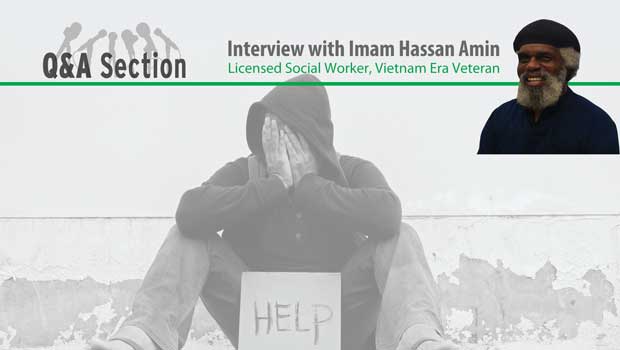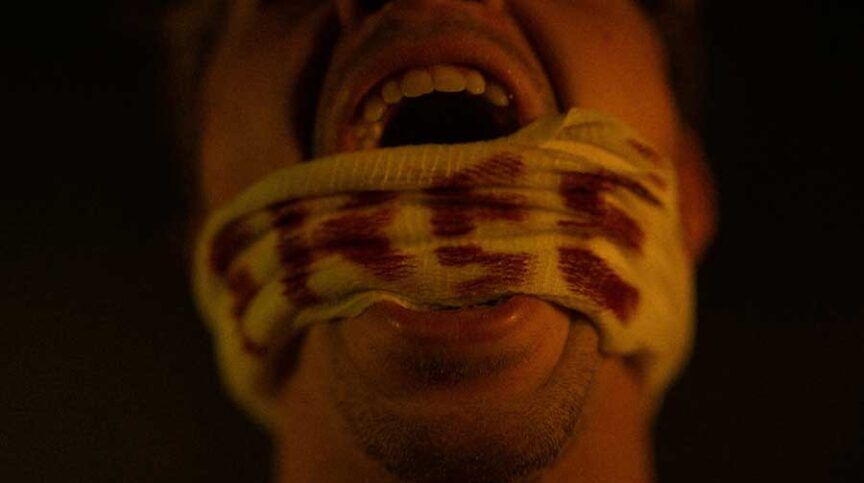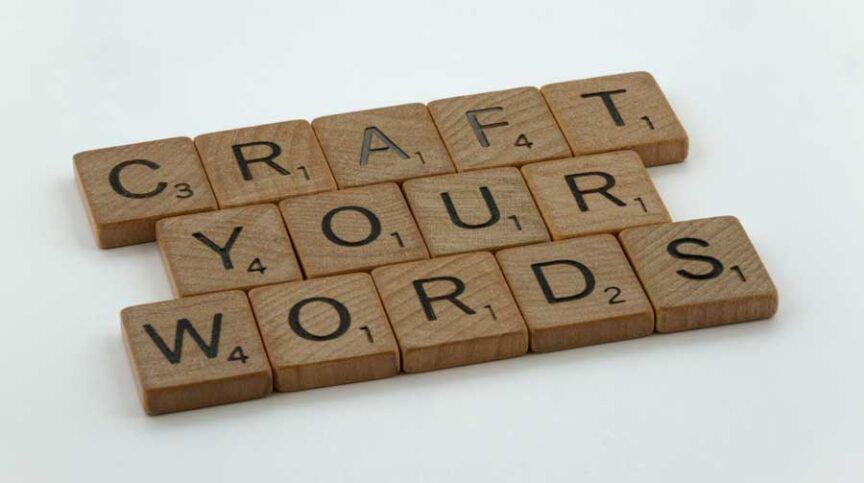I was speaking to a good friend the other day and she asked me something that really made me reflect. She asked, “If you weren’t born Muslim, do you think you would have chosen Islam for yourself?” We mused over the question for a while, and eventually I realized my answer to that question was twofold. There are the more “spiritual” elements of this deen such as the concept of a God who has sworn to answer everyone who calls upon Him, a final Prophet who is quite literally “a mercy to mankind,” and a preserved Book that is healing in its essence. And these are all aspects of this faith that I know with certainty I would find myself drawn to in any case, regardless of being born Muslim, because these are self-evident signs of the perfection of Islam.
Then there are the more “physical” elements of this deen such as praying multiple times daily in a ritualistic fashion, fasting for an entire month each year, and wearing a hijab and embodying modesty in general. These are the elements that I know I personally would struggle with, as these elements aren’t as much matters of faith as they are matters of obedience – actions that become obligatory upon us once we’ve accepted the faith. But only Allah truly has the knowledge on the why of these actions.
The idea of hijab in particular is what really got me thinking. In the scope of my very-limited human intellect, I don’t understand it, I don’t understand the wisdoms behind it, and I don’t believe it is something that I personally will ever understand. But I know Allah is real, and I know His Prophet was truthful, and I know His Book is complete. And so, I wear hijab. I wear it solely out of obedience to my Creator. That is my intent, and so I trust that there is a reward for me in doing so.
Reactions to Our Actions
Every action has an equal and opposite reaction – Newton’s Third Law of Motion. It’s something that anyone who’s taken even a basic physics class could tell you. I remember learning it for the first time in high school in the context of force. If you push against a wall with a certain amount of force, the wall essentially reacts by pushing back, so to speak, with “an equal and opposite force.” reactions in the physical world occur perfectly in accordance with the initial action that triggered them. Human beings, with our free will, however, bring another dimension to this action-reaction relationship. When faced with a difficulty of some kind, we have the ability to choose how we react. We could choose to panic or complain or cast blame upon one another. Or we could choose to practice patience, seek help from Allah SWT, and remind ourselves that with every hardship, there is always ease (Quran, 94:5). Under the Islamic paradigm however, there is even a more subtle layer of depth: the niyyah (intention). The intent that exists behind any act, determines what “reaction” there will be to it in the akhirah.
So, when I wear hijab, unable to rationalize it to myself, but worn purely with the intent of pleasing my Lord, I remember that our Prophet (s) taught us, “actions are according to intentions, and everyone will get what was intended.” So, I have to trust that by wearing hijab with this niyyah, I am able to gain the pleasure of Allah.
The beautiful part about Islam is that this power of intentionality is not limited to only the obligatory acts, like salah or hijab. Rather it is something that can be easily harnessed in even the most mundane of actions. When we eat, we can make the intention – “ya Allah, I am eating to take care of this body that You have given me as an amanah.” When we sleep, we can intend – “ya Allah, I am sleeping so I can wake up for Fajr and worship You as You ought to be worshipped.” When we exercise – “ya Allah, I am trying to make myself strong so I can serve Your deen.” When we smile – “ya Allah, I am fulfilling the Prophetic teaching that smiling is a form of charity.” When we create memories with our family – “ya Allah, I am maintaining the ties of kinship.” And on and on and on. Our religion is so beautiful and perfect that any act, with a heartful intention, can become an act of worship.
Back in high school, I had to do a project on the nature of good and evil. I remember asking an older cousin if the motive behind an evil act should be factored into the punishment of that action. He told me that, in an ideal world, yes. Motive should be considered and play a heavy role in determining the outcome. But we live in an imperfect world. And human beings are imperfect creatures. Sometimes we lie and sometimes we make false assumptions.
But Allah is maximally perfect in all of His attributes – including, but not limited to, His knowledge, His mercy, and His justice. And of His utmost perfection is that it is He who has full knowledge of people’s hearts and what intents they conceal therein. It is Allah alone who can shower mercy on the deserving without ever diminishing His justice, and He alone who can serve true justice without ever neglecting His promise of mercy.
I Choose Islam
So, intentions do matter. Why we do what we do matters just as much, if not more, than what we actually end up doing. In fact, there’s a long hadith that breaks down the dynamic between action and intent. Our Prophet taught us that if a person intends to do a good deed and then follows through with it, the reward of that one action is multiplied up to 700 good deeds. And if the person intends to do this good deed, but is unable to for whatever reason, they still gain the reward of one full good deed, just for having that intent. And if a person intends to do a bad deed, but then doesn’t follow through with it, they actually end up gaining the reward of one full good deed, for giving up that evil act. And it is only when a person intends to do a bad deed and they follow through with it, then and only then, is something written down for them as one bad deed (Sahih Bukhari and Muslim).
Subhan-Allah. Our Lord has made this religion easy for us.
So, to answer the question I mentioned above – I would choose Islam in a million different lifetimes. And I’m sure I would struggle with some elements of it, yes. But despite any of the struggles, I sincerely believe that I would always find my way to the Straight Path. Because who other than a perfect Being could reveal a faith where even my intentions, my inner thoughts, could be the source of immense reward?






